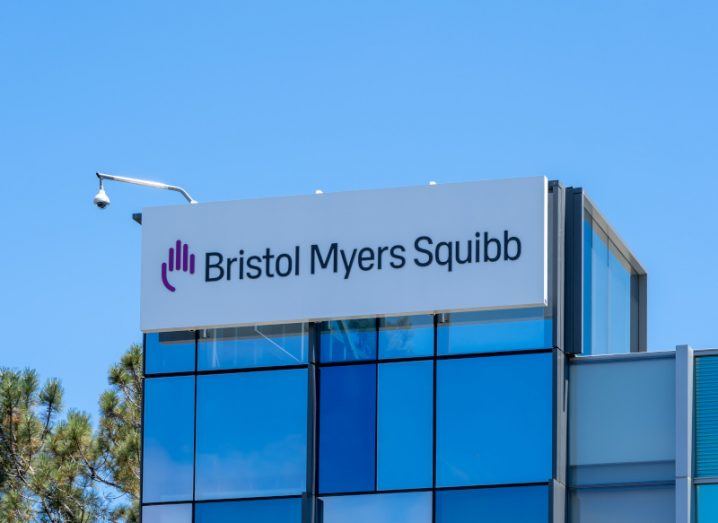Human beings have always had the capacity to do a lot, and yet nothing really can beat their ability to get better on a consistent basis. This progressive approach, on our part, has already got the world to hit upon some huge milestones, with technology appearing as a major member of the stated group. The reason why technology enjoys such an esteemed stature among people is, by and large, predicated upon its skill-set, which ushered us towards a reality that nobody could have ever imagined otherwise. Nevertheless, if we look up close for a second, it will become clear how the whole runner was also very much inspired from the way we applied those skills across a real world environment. The latter component was, in fact, what gave the creation a spectrum-wide presence, and consequentially, kickstarted a tech revolution. Of course, this revolution then went on to scale up the human experience through some outright unique avenues, but even after achieving such a monumental feat, technology will somehow continue to produce the right goods. The same has grown increasingly evident over the recent past, and assuming one new healthcare-themed development shakes out just like we envision, it will only make that trend bigger and better moving forward.
The US Food and Drug Administration has officially approved Bristol Myers Squibb’s repotrectinib drug as a treatment for non-small cell lung cancer (NSCLC) driven by mutations to the ROS1 gene. You see, when the ROS1 gene fuses with another gene, the resulting mutation drives the abnormal cell growth characteristic of cancer. Interestingly, while NSCLC is the most common type of lung cancer, ROS1 mutations are rare, found in 1- 2% of NSCLC cases. However, that 1-2% of patients in the most common type of lung cancer represents a large number of patients. As for who is more at risk, the disease is likely to occur in younger people, women, and non-smokers, Talk about how the drug will address this concern, set to marketed under the name of Augtryo, it will block enzymes that stem from mutated ROS1 to drive the hyperactive cell growth in cancer. Now, the current market already has other ROS1 inhibitors in Pfizer’s Xalkori and Roche’s Rozlytrek, but unlike any of those candidates, Augtyro is designed to fit tightly in the binding pocket of the mutation, enabling the drug to circumvent the resistance that can develop with other ROS1 inhibitors. The nod from FDA notably comes at the heels of a single-arm, open-label study where over 71 patients, who had received up to one prior line of chemotherapy and/or immunotherapy but not a ROS1 targeted therapy, were enlisted as participants. There was another group, which held around 56 patients who had received one prior ROS1 inhibitor and no prior chemotherapy or immunotherapy. Going by the available details, in the group with no prior exposure to ROS1 inhibitors, the overall response rate was 79% and the median duration of response was 34.1 months. On the other hand, if we talk about the group previously treated with ROS1 inhibitors, the overall response rate was 38% and the median duration of response was 14.8 months. As for adverse reactions, the most common ones reportedly included dizziness, a foul taste in the mouth, peripheral neuropathy, constipation, and breathing difficulty.
“Augtyro has also shown efficacy in patients previously treated with ROS1 TKI inhibitors or with known resistance mutations to these therapies, and therefore this could provide additional opportunity beyond the first-line setting,” said Matt Phipps, an analyst at William Blair.
The development notably contextualizes BMS’ acquisition of Turning Point Pharmaceuticals, a company that developed targeted therapies addressing genetic drivers of cancer. In case you missed it, BMS bought the San Diego-based company last year for a sum of $4.1 billion. Owing to this very deal, the pharmaceutical giant got hold of Augtryo, and alongside that, it got molecules addressing various other genetic signatures.
At launch, the drug will cost around $29,000 a month, which is about 40% more than the ROS1 inhibitors from Pfizer and Roche. This premium is understood to be a by-product of how it takes a more unique approach towards treating the relevant disease. Given all that, William Blair expects the drug to rake in revenue somewhere along the lines of $258 million by 2027.


















